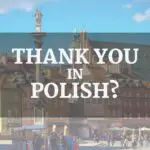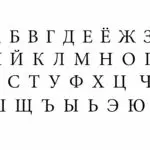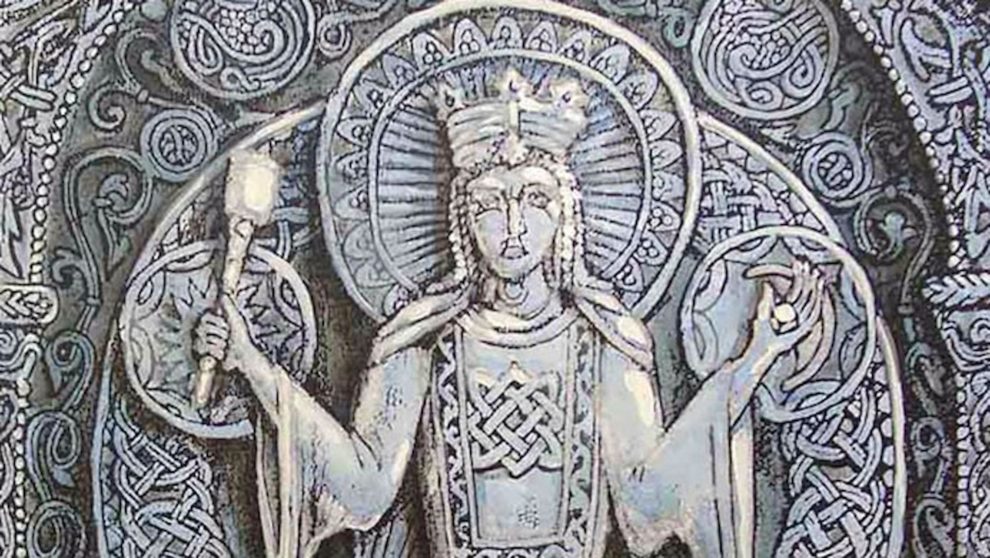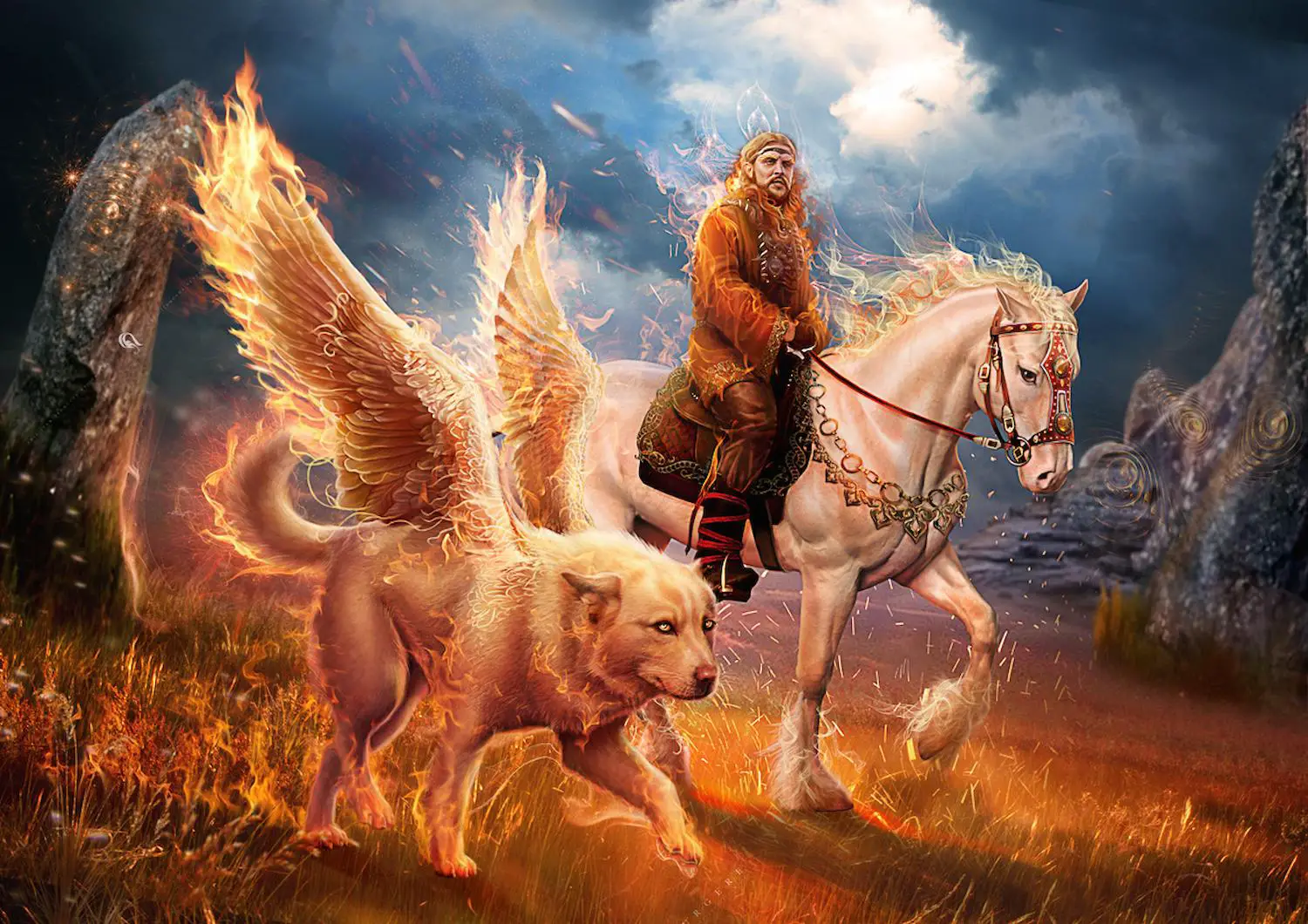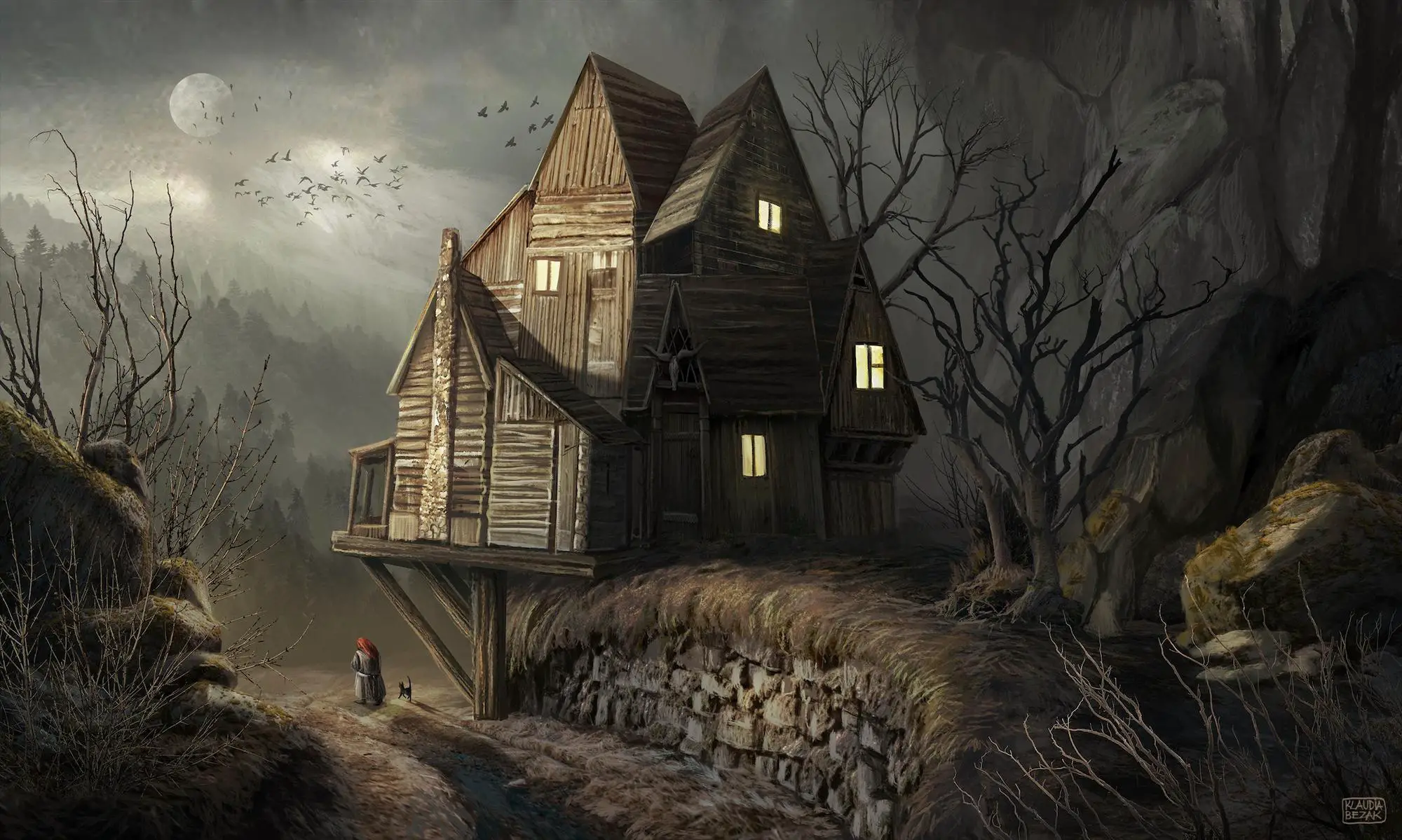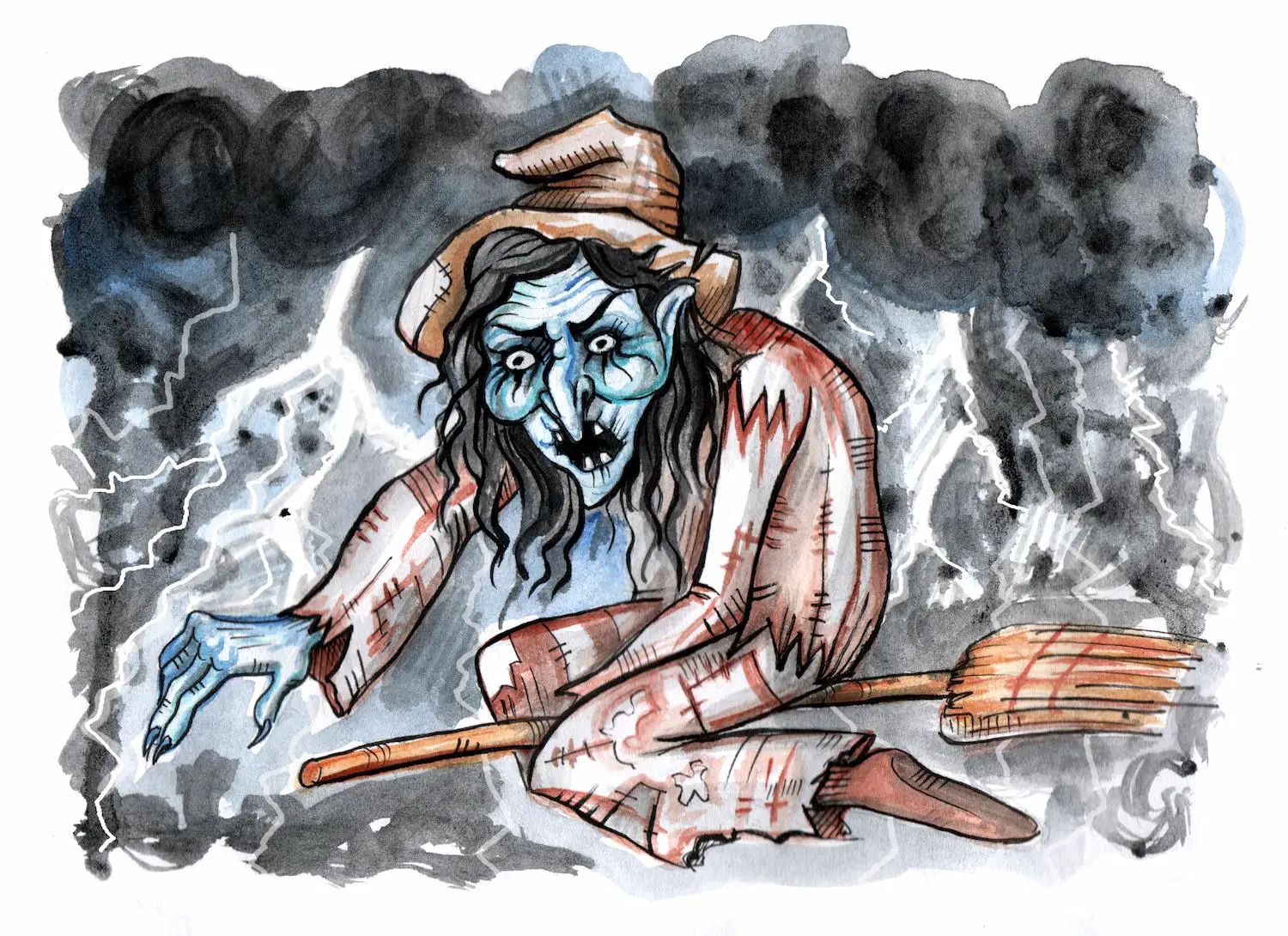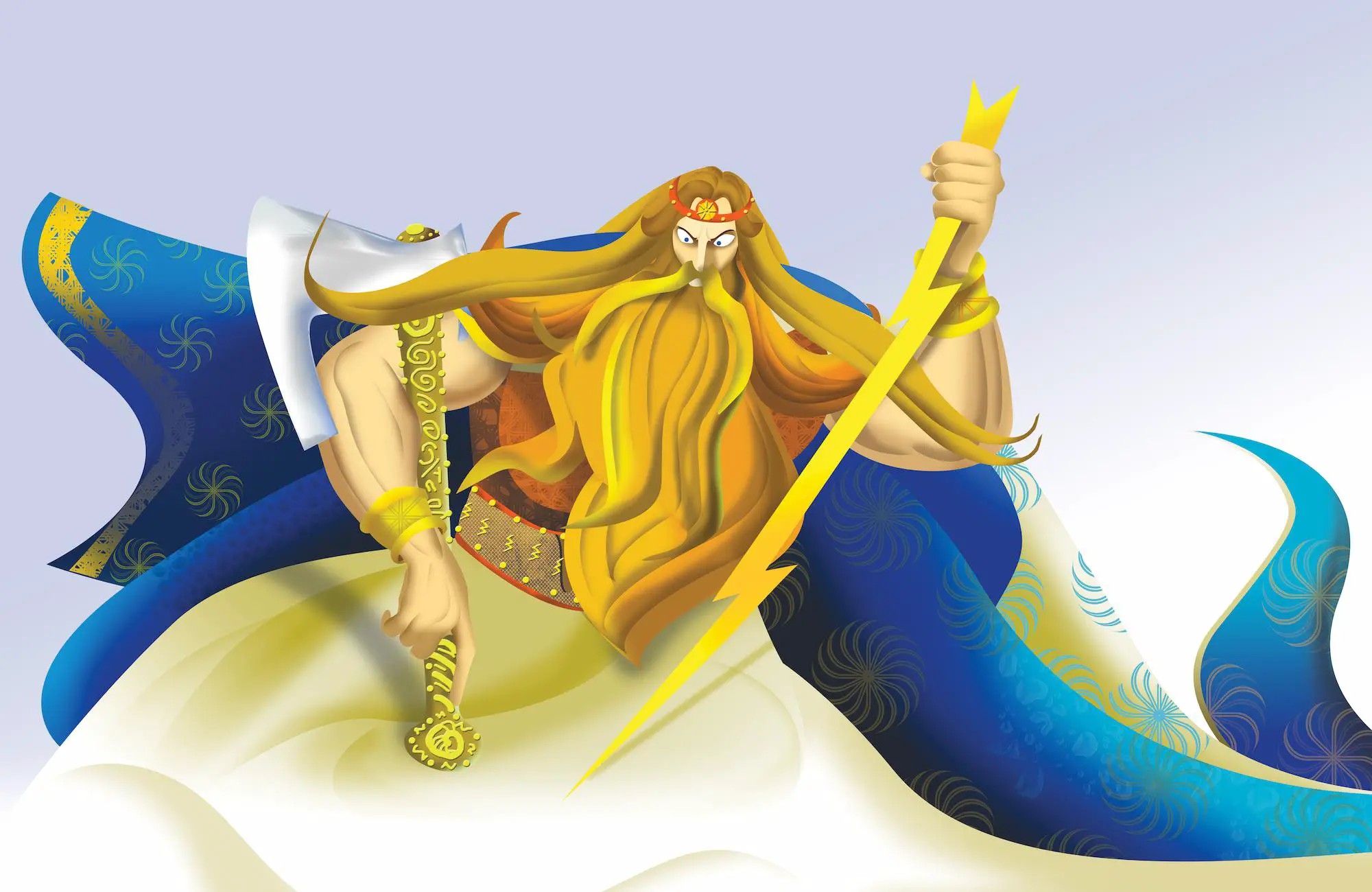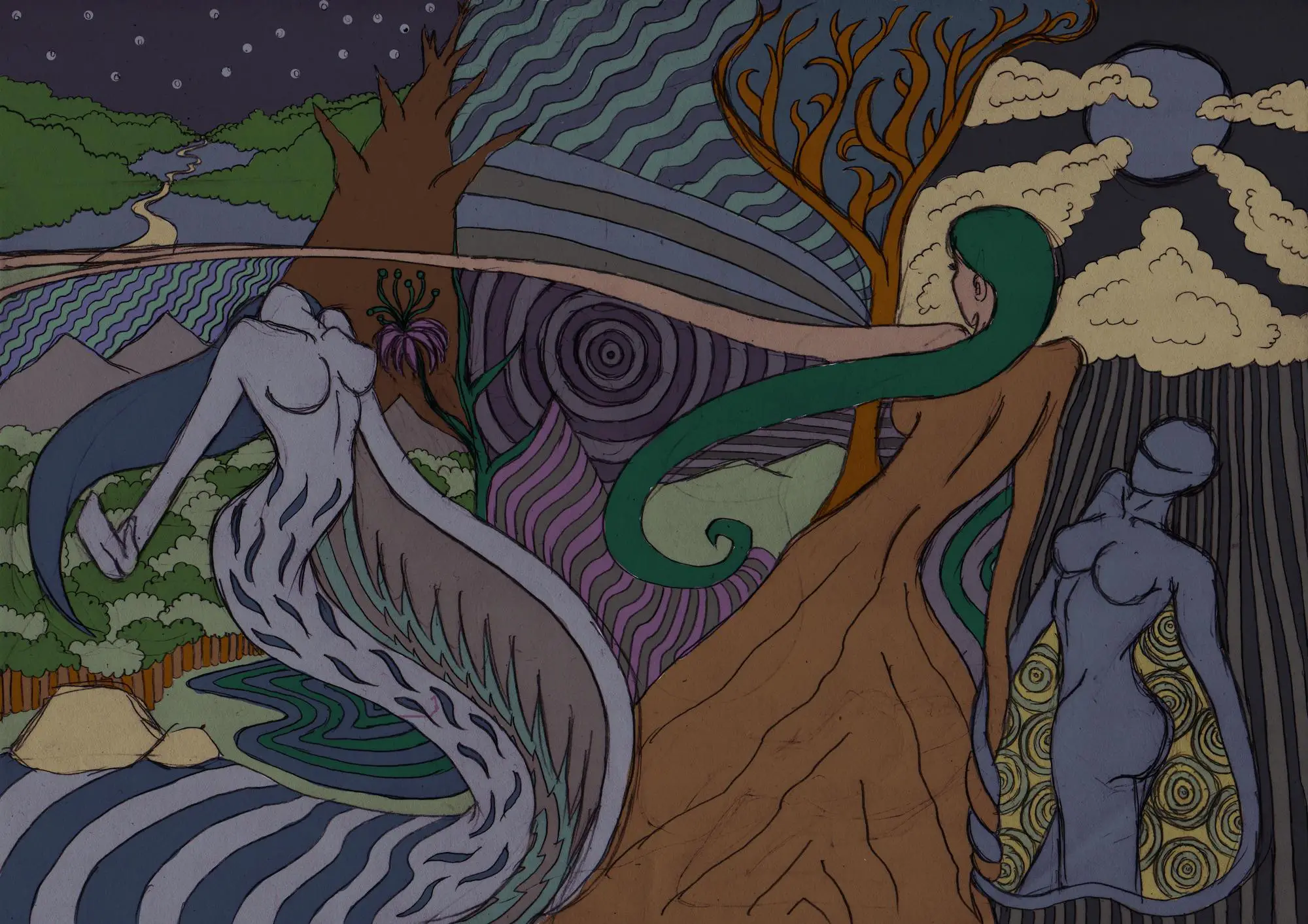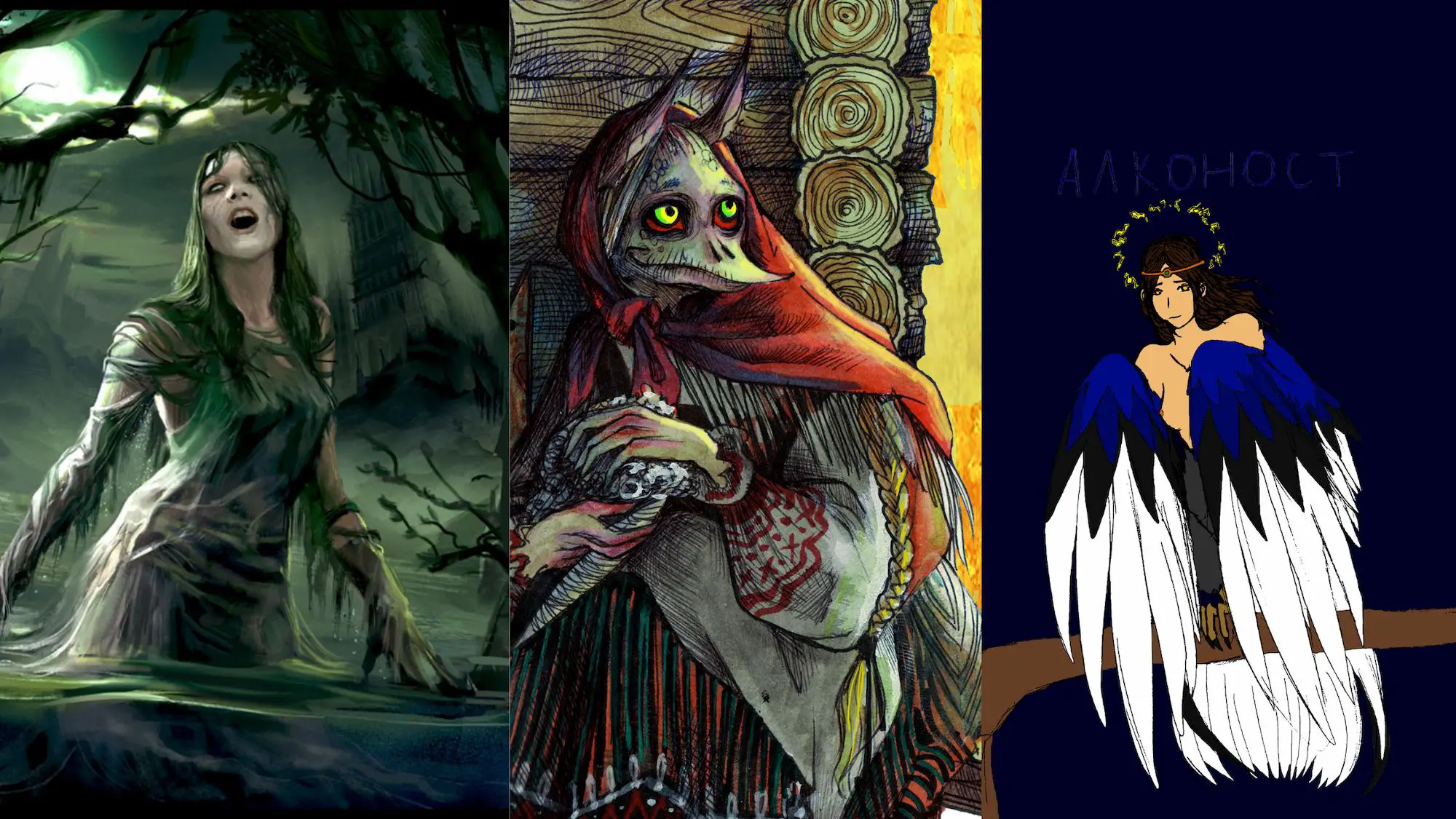The Slavic god Dazbog, also known as Dažbog, Daždbog, Dabog, or Dajbog was among the major gods of Slavic mythology. Today this god is recognized by historians (and folklorists) as the god of the Sun and fire.
Dazbog was worshipped along with the gods Perun, Mokosh, Stribog, Simargl, Veles, and Horz by the members of the ancient Slavic tribes who lived on the territory of Kyivan Rus [1].
Dazbog represented the Sun and fire and was considered to be a deity of generous nature. Some versions of the myth call him Dajbog (due to the word “daj” which can be translated as “give”).
But what was the role of this god and what did he actually give to people who worshipped him?
Table of Contents
Dazbog or Dajbog: The Sun as a Central Element
The Sun and the light it produces are crucial for life on Earth (at least life as we know it today). The ancient Slavs considered the Sun to be a vital element of their lives and an extremely important part of their existence.
The Sun was the basis for life and was always viewed upon with great reverence and respect. It was regarded as a natural provider or giver. Dazbog was a personification of the Sun and all its powers.
Short Historical Overview and Sources
Dazbog was first mentioned in the Primary Chronicle, also known as the Tale of Bygone Years, which is a chronicle of the history of Kievan Rus from 850 to 110, originally compiled in Kyiv.
In the Primary Chronicle, Dazbog is one of the seven gods whose statues were erected in front of the palace of Prince Vladimir the Great (in Kyiv in 980).
The name of Dazbog was also mentioned in the Hypatian Codex which is a relevant source of historical information about the southern Rus and in fact, a compendium of three chronicles, including the Primary Chronicle along with the Kyiv Chronicle and the Galician Volhynian Chronicle.
In addition, the folk epic poem named “The Tale of Igor’s Campaign” (dating from the medieval late 12th century and written in the Old Slavic language) also mentions Dazbog.
Characteristics
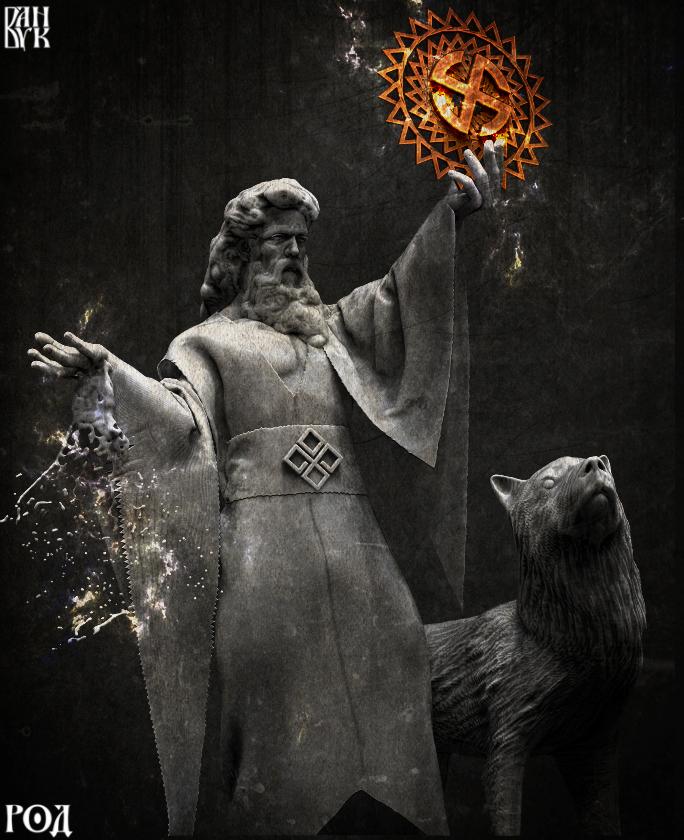
Dazbog was one of the sons of Svarog, the great god of blacksmiths, law, and fire who ruled over the sky and fathered the other gods. In Russian chronicles, he was equated to Hephaistos and Helios.
It is uncertain how many sons Svarog actually had but Dazbog was definitely one of them as he symbolizes the power of the Sun and fire.
According to ancient beliefs, during the day, the Sun lived in the sky and enlightened the earthly world. At night, it moved down to the underworld.
Every morning the Sun god would ride a white horse across the sky but when the night comes, he would die or retreat to the land of the dead before he became resurrected the following morning.
This portrayal represented the cycle of death and resurrection which was actually quite common in numerous pagan religions, including the Slavic pagan practices.
If you want to learn more about those check out this article on our site Rodnovery: Slavic Native Faith.
Customs and Rituals
Families considered Dazbog the patron of their home and harmony within the family, as well as a protector of the fire inside of their homes. In those days the fire was essential for surviving through the wintertime.
However, Slavs knew that fire also has a destructive power and can easily turn against people, therefore, they performed rituals to express their respect toward the god Dazbog.
Dazbog was also one of the gods of rain. The rain was nonetheless important as much as the fire since harvest depended on it. A great number of rituals for attracting rain were performed in times of drought.
It is known that the Slavs addressed and regarded gods as equal and considered themselves to be their descendants and, actually, grandchildren of Dazbog.
Etymology
The Proto-Slavic reconstruction of the name of Dazbog is constituted from “dadjьbogъ” and “dadjь” which means “to give” and the noun “bogъ”, meaning “god”.
According to the philologists and historians Dubenskij Niderle and Ognovskij, Dazbog can be interpreted as a “god-giver”.
Variations of Dajbog Between Slavs
For Western Slavs, Dajbog is considered to be the fire, rather than the sun itself. Even though they also considered Dajbog to be the son of Svarog, they thought he represented fire that could be found in nature after the lightning stroke, as well as fire that kept people warm in their homes.
In Russia and Bulgaria, Dajbog was mainly the God of the Sun, while in some cultures Dajbog was also worshiped as a life-giver, which is mainly equivalent to the Sun that gives life to every creature on Earth.
Later, due to the mainstreaming of Christianity, Dajbog becomes a synonym for the Devil among some Slavs, having Christians transforming his name from Dajbog to Dabo, as a process of removing paganism.
Dazbog in Christianity
Ancient Slavs believed strongly in this god, so when Christianity was imposed (around the 4th century), it was very hard for the Christian monks to exterminate this cult.
In fact, before Christianization, the Slavic holiday that observed the Sun was on the date of today’s Christmas. In the past, this date was considered important as daylight “began growing and the Sun was reborn”.
It is said that the saint protector Sveti Sava, which is the sacred protector of Serbia and the Orthodox Church, has similar characteristics as Dazbog. The ancient folk tales present him as a shepherd followed by a wolf and a generous giver.
Dazbog and the Wolf
It was believed that this god was constantly followed by a wolf (which also was his animal incarnation and one of the main symbols of this god).
Some versions of the myth presented him as an old man dressed in wolf skin or again accompanied by a wolf that was his fellow friend and supporter.
Sources
- http://www.encyclopediaofukraine.com/display.asp




